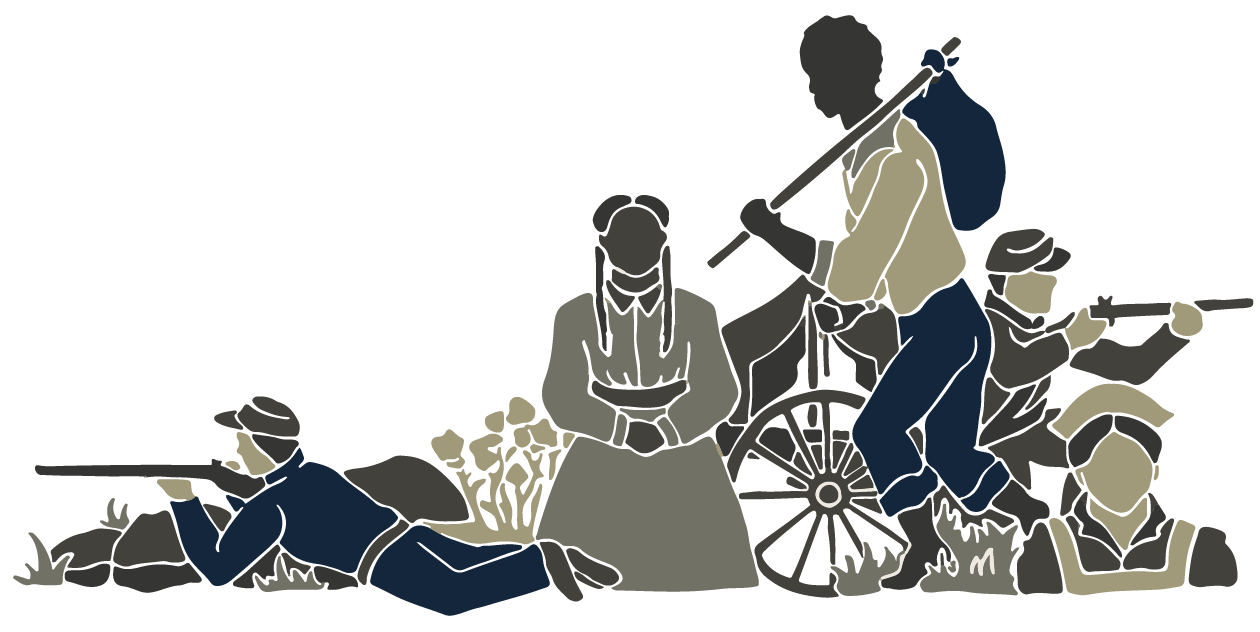8.4/10
86%
Django Unchained has been called a “revisionist Western”–a modern reinterpretation of the spaghetti Westerns of the 1960s and 1970s. The film both pays homage to and satirizes the genre while taking a critical eye to the realities and cruelties of slavery. Primarily set before the start of the Civil War, the film follows an enslaved man, Django, as he attempts to rescue his wife from a cruel slaveholder.
The film was released in the 2010’s and capitalized on both a nostalgic era for Westerns and a desire for a portrayal of the brutal reality of slavery. While some commended this approach, others took issue with the extreme approach taken by the director, Quentin Tarantino.
The film was well received by general critics and audiences, though both criticized the film’s use of derogatory language and violence towards African Americans. Some historians argued that while Tarantino had correctly portrayed the cruelty of slavery, his film was more valuable as entertainment than for its historical analysis.
FURTHER READING
Books
Oliver Speck,Quentin Tarantino’s Django Unchained: The Continuation of Metacinema, New York: Bloomsbury Academic and Professional Publishing, 2014.
James Horton and Amanda Kleintop, Race, Slavery and the Civil War: The Tough Stuff of American History and Memory, Richmond: Virginia Sesquicentennial of the American Civil War Commission, 2011.
Patricia Morton,Discovering the Women in Slavery: Emancipating Perspectives on the American Past, Athens: University of Georgia Press, 1996.
Articles
Matthew Hughey,“Film Review: Slavery, Emancipation, and the Great White Benefactor: A Review of Lincoln and Django Unchained,” Humanity and Society 37, no. 4, November 27, 2013.
Joi Carr,“Django Unchained,” Black Camera 6, no. 1 (Fall 2014).
Michael Ralph,“Theoretical Ramifications of Django Unchained,” American Anthropologist 117, no. 1 (February 2015).
Film Reviews
Peter Bradshaw,“Django Unchained Review,” The Guardian, January 18, 2013.
A.O. Scott,“The Black, The White, and The Angry: Quentin Tarantino’s Django Unchained,” New York Times, December 24, 2012.
Roger Ebert,“Faster Quentin! Thrill! Thrill!,” Roger Ebert, January 7, 2013.
David Denby,“‘Django Unchained’: Put-On, Revenge, and the Aesthetics of Trash,” The New Yorker, January 22, 2013.
Return to the History of Film and the Civil War Project main page.
